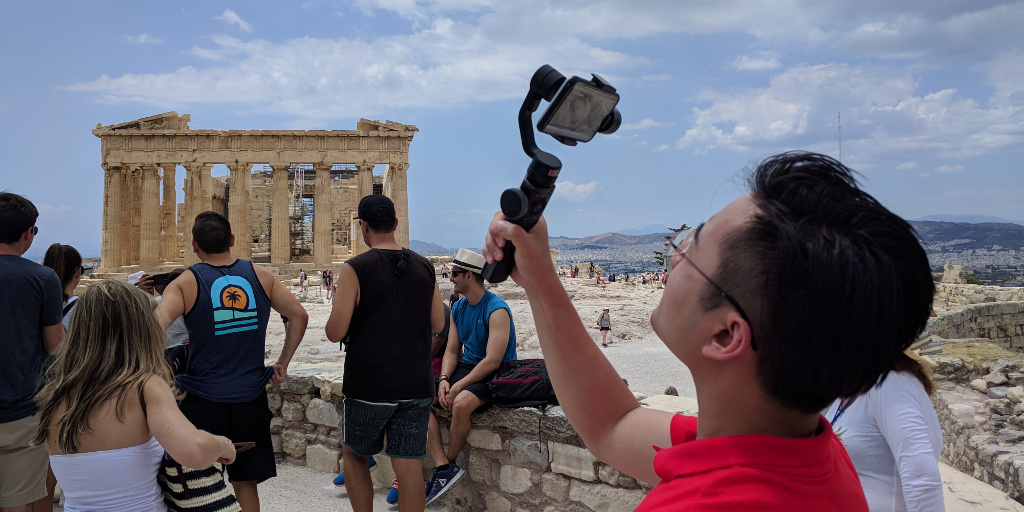A friend’s post alerted me to the potential overreach of copyright and commercial law when it comes to the human body. The particular post was about tattoo artists who tried to make money of sport professionals who had integrated the tattoos into their professional persona: The company who had bought the tattoo artists’ designs claims that the copyright to the art extends to the performances of professionals showing the art. Hence they wanted money for any performance, here as part of the professionals appearing in video games.
It is easy to extend this to high-tech. The consequences could be dire, if the enhanced human body would become subject to overreaching intellectual property rights held by companies. Imagine a pacemaker for your heart that has only been licensed to you and you lack the necessary data and rights to make it work over time. I’m sure some company will come up with a pacemaker that needs to get a license key every year or so from the company’s license server. Would the company let the person die, if he or she fails to pay the annual license fee? In case you wonder whether anyone would accept such a pacemaker into their heart (pun intended): Just imagine being poor enough to not be able to pay for the medical procedure. Or imagine requiring a particularly innovative pacemaker function that only this one manufacturer offers and you can’t pay for the perpetual license.
If this seems far-fetched, you should note that this is already happening in other contexts. For example, John Deere, a leading manufacturer of tractors and other farming equipment is only leasing its tractors and the software to farmers. John Deere argues that farmers don’t own the tractor and its data any longer, John Deere remains the owner. As a consequence, all data from the farmers’ tractors is planned to end up in John Deere data centers and farmers who don’t keep paying might be cut of their equipment and its data.
The Internet and interconnectedness is making it happen. It is indeed time to clarify ownership and limits of ownership, in particular when it comes to the human body and its rights. Indeed an interesting time for lawyers (and everyone else).









Leave a Reply to formalmindCancel reply